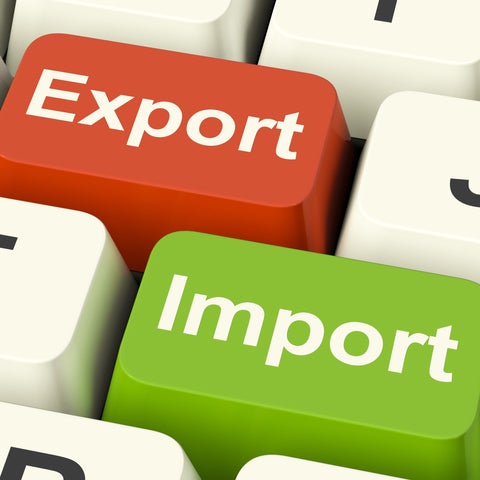Export control laws restrict the export of goods, technology and related technical data. In general, if the export of an item is controlled, a permit or license is required to export that item. Examples of exports include: a shipment of a controlled item out of Canada, traveling with a controlled item out of Canada (e.g. attending conferences or attending meetings with an industry collaborator), the transfer or disclosure of a controlled item (as per International Traffic in Arms Regulations) to a foreign national, by any means, whether in Canada or abroad.

The Export and Import Permits Act (EIPA) establishes the Export Control List (ECL). Goods that are on the ECL are considered military and strategic goods and technology. The export of such goods is controlled to ensure the ongoing security and defense of Canada, and for other strategic purposes.
An export occurs when an item is shipped out of Canada. In research, this can happen when materials or data are sent to collaborators located outside of Canada, or when travelling with materials or data, including travel to conferences.
While some export control regulations allow for a “fundamental research” exemption for basic research, collaborations with industrial partners do not meet the criteria of “fundamental research”. Researchers should never rely on a fundamental research exemption when transferring items included on the Export Control List.
Violation of EIPA may result in a fine, imprisonment, or both.
For more information, see A Guide to Canada's Export Controls.
Please contact Jennifer Ranford in the Office of Research to determine if your research is subject to export controls, or to request an export permit.